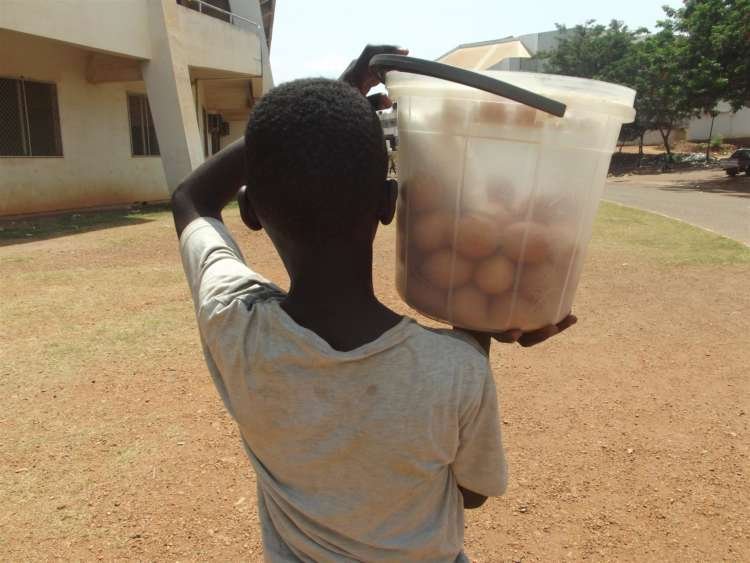Top Stories
Pandemic pushes more child vendors onto Central African Republic’s streets
Published by gbaf mag
Posted on May 20, 2021
1 min readLast updated: January 21, 2026

Published by gbaf mag
Posted on May 20, 2021
1 min readLast updated: January 21, 2026

Explore more articles in the Top Stories category











